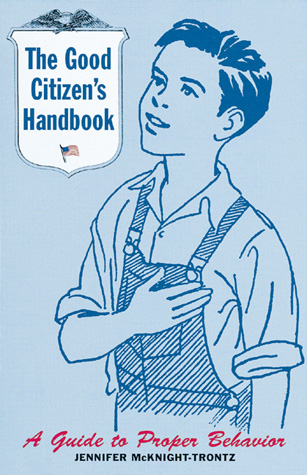 Many fault the bursting of the U.S. housing bubble for triggering the “Great Recession” of 2007-2008. Because of relaxed credit standards and exotic mortgages, tens of thousands of Americans purchased homes they could not afford; when the end came, the entire industry dropped 33% of its value. The recession forced policymakers to look back at decades of policies that subsidized homeownership, in particular the ability of homeowners to deduct mortgage interest payments from their taxes. The deduction cost the United States $90 billion in lost revenue 2010, and many are questioning whether the long-time infatuation with promoting homeownership was worth the investment.
Many fault the bursting of the U.S. housing bubble for triggering the “Great Recession” of 2007-2008. Because of relaxed credit standards and exotic mortgages, tens of thousands of Americans purchased homes they could not afford; when the end came, the entire industry dropped 33% of its value. The recession forced policymakers to look back at decades of policies that subsidized homeownership, in particular the ability of homeowners to deduct mortgage interest payments from their taxes. The deduction cost the United States $90 billion in lost revenue 2010, and many are questioning whether the long-time infatuation with promoting homeownership was worth the investment.
Roughly 65% of Americans own their own home, about the same as other developed nations. Ownership peaked at approximately 69% in 2004, and has been falling since. The rate is now the lowest it’s been in nearly two decades, as illustrated by this U.S. Commerce Department chart published April 2013:
Mortgage subsidies have long been justified by asserting that homeownership is a catalyst for a stronger economy, better schools and an invested, proactive citizenry. But are homeowners really better citizens? And are the payoffs for homeownership worth the billions of dollars invested each year by taxpayers? Social science researchers have often framed inquiries about democratic participation and cohesion around the ideas of social capital and collective efficacy. But the research on such questions has been mixed.











